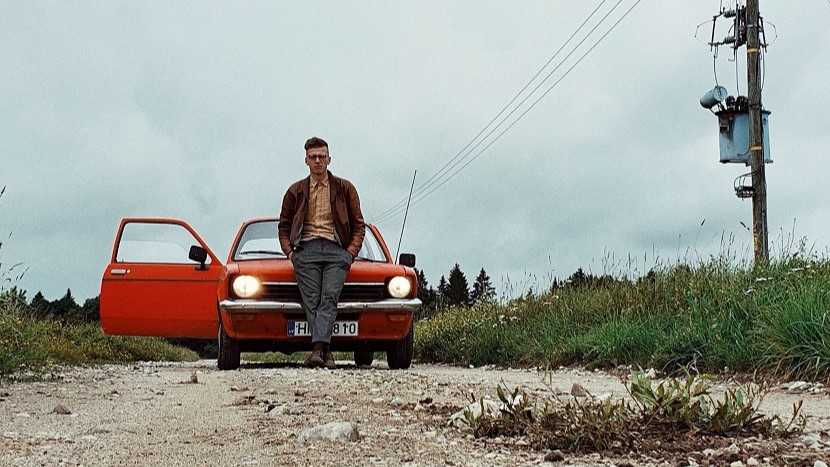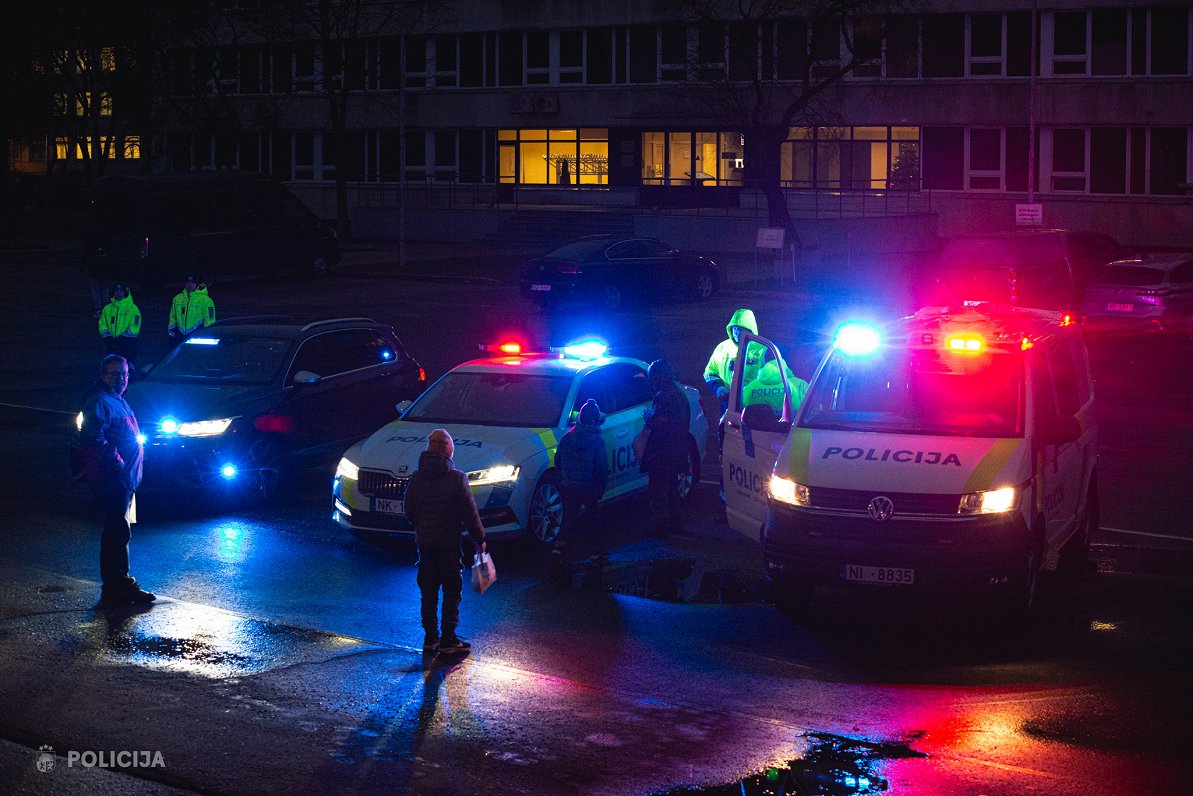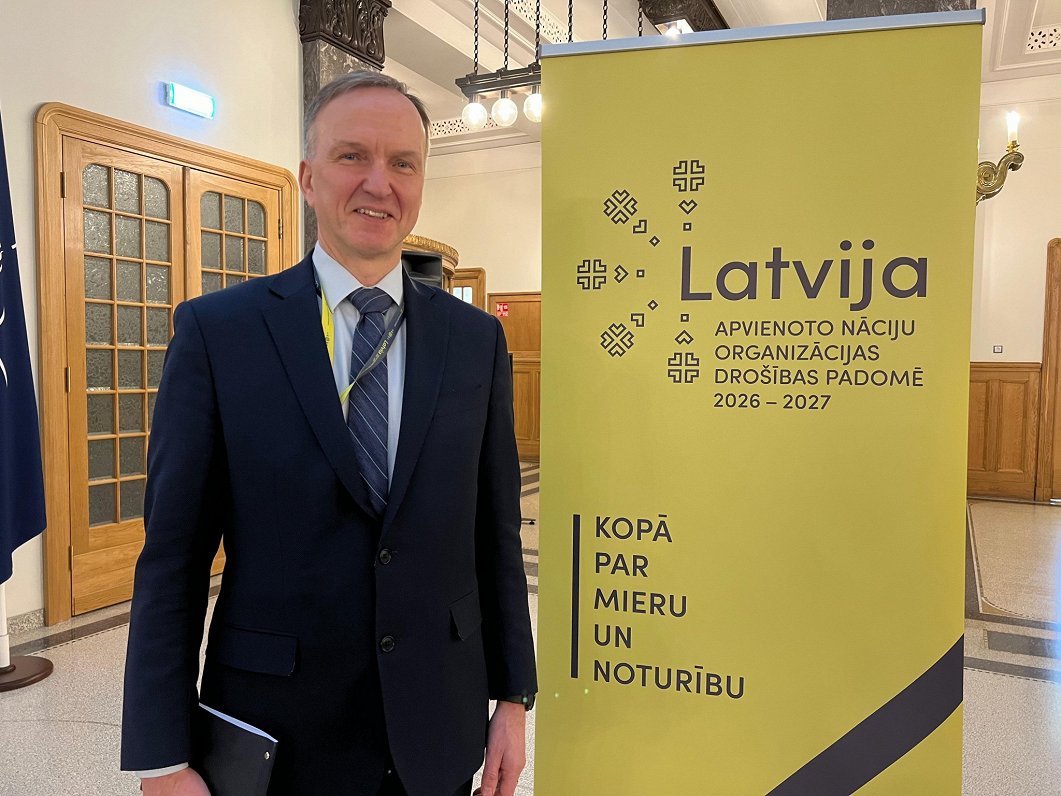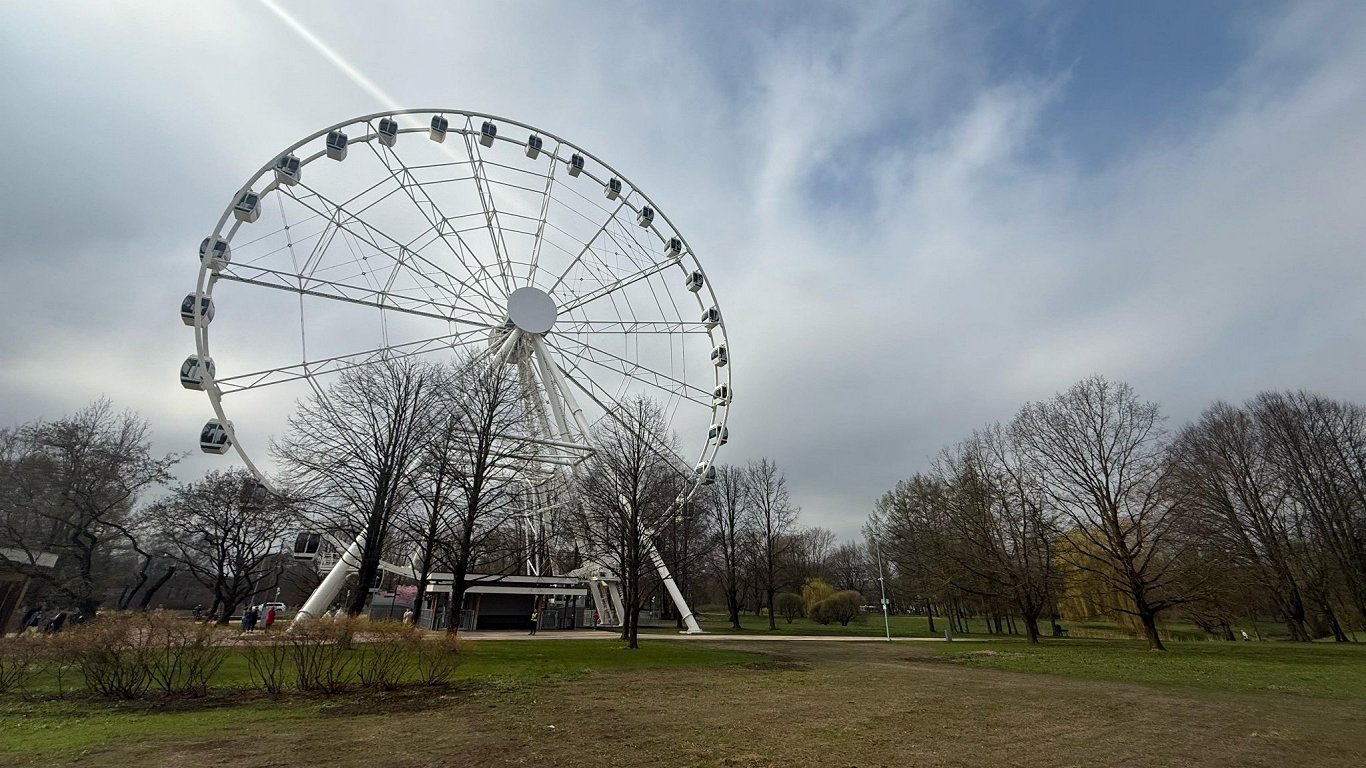A Rail Baltica project has been completed on budget and on schedule and what’s more, the results are even better than expected.
No, I have not started to consume some high-strength Christmas spirit early, I have just watched the documentary film Nord Express which traces the history of the troubled infrastructure project thus far.
Nord Express sees director/investigator Karlis Lesiņš embarking on a road trip of sorts in a highly photogenic old Opel Kadett as he probes various different aspects of Rail Baltica, not least why its costs have spiralled, why its completion schedule has slipped back by years, how it affects people along the route and perhaps most importantly: who is actually responsible for it?
Several things immediately strike the viewer, the first being how good the film looks. Instead of the wobbly cameras, naturalistic lighting and long, meaningful pauses so beloved of documentary makers, Lesiņš and director of photography Ivo Skanstiņš opt for a much more cimenatic approach. There’s clever color coordination throughout with cold, steely blue and warm orange tones providing contrast and making the occasional appearance of green fields or red signage really pop on the screen.
The color design even extends into the paint job of the car and Lesiņš’ battered leather jacket, which is likely to prompt more than one viewer to check the racks of his local thrift store for something similar. No less important is Lesiņš’ extensive use of notepad and pen (much to be commended). Combined with his earnestness, soft-spoken charisma, quirky car and killer fashion sense, Lesiņš comes across as something like a TV detective from the early 1980s trying to crack a particularly puzzling case in which no-one is quite sure if there has been a murder, a suicide or just an unfortunate accident caused by incompetence.
Unlike a classic linear cinematic road trip, Lesiņš’ Odyssey is rather haphazard – from his operations center in the LTV building in Rīga (its outdated 1970s vibe has never looked so good) he drives back and forth to Lithuania, Estonia as well as across Latvia, meeting people in cafes, bars, on farms and even at the roadside in sketchy looking areas, like a series of low-level informants that contrast nicely with the besuited officials’ brightly-lit offices (and where there is often some sort of advisor sitting the background which immediately tips the viewer off that what is not being said is at least as important as what is being said).
A couple of investigative strands don’t really land, particularly the sections looking at potential Chinese influence and the questionable connections of a Lithuanian businessman, but a lot do. Particularly memorable are Lesiņš’ interactions with people whose land is being taken because it is along the route. Far from being enraged and militant as you might expect, these extremely likeable ordinary people generally express a sort of philosophical disappointment not that they are losing land but that those responsible for Rail Baltica have told them so little, are so opaque and that it’s rather a shame for Estonia, Latvia and Lithuania that they can’t do better.
Indeed, the conclusion the viewer is likely to draw is that despite this historic opportunity to prove just how they can cooperate on something big, all three Baltic states are guilty of looking solely at their national interests instead of their collective interests.
It’s therefore of little consolation that representatives of Rail Baltica interviewed by Lesiņs (several of whom lose their jobs during the 7 years over which the documentary was filmed) come across as perfectly decent people. They don’t seem corrupt and they don’t seem incompetent but without doubt there has been a sort of institutional incompetence emanating from RB Rail, the joint venture that is supposedly responsible for building Rail Baltica (whether it really is responsible is open to question after watching Nord Express ).
From the moment RB Rail was established, its message has been and continues to be “Everything is going great, we have everything under control” when the evidence to the contrary is now irrefutable. Going a bit over budget and a bit over schedule is to be expected with such a massive project. However, going (at least) four times over budget and (at least) four years over schedule is not easily explained away as a glitch.
While it looks great and provokes plenty of thought in the viewer – which is, ater all, what documentaries are supposed to do – it is to be regretted that Lesiņš, his Opel Kadett, his leather jacket and his notebook won’t be documenting the remainder of the Rail Baltica project, which feels barely halfway done, if that.
But one can hardly blame Lesiņā for not wanting to spend yet more years of his life driving across the Baltic states trying to find out when the trains will start running. In the film-making world deadlines do need to be met and it will be interesting to see how many more films he will be able to direct by the time Rail Baltica is fully operational. I think his filmography will be quite extensive by then and on this showing, impressively stylish.
Nord Express is on general release across Latvia.






